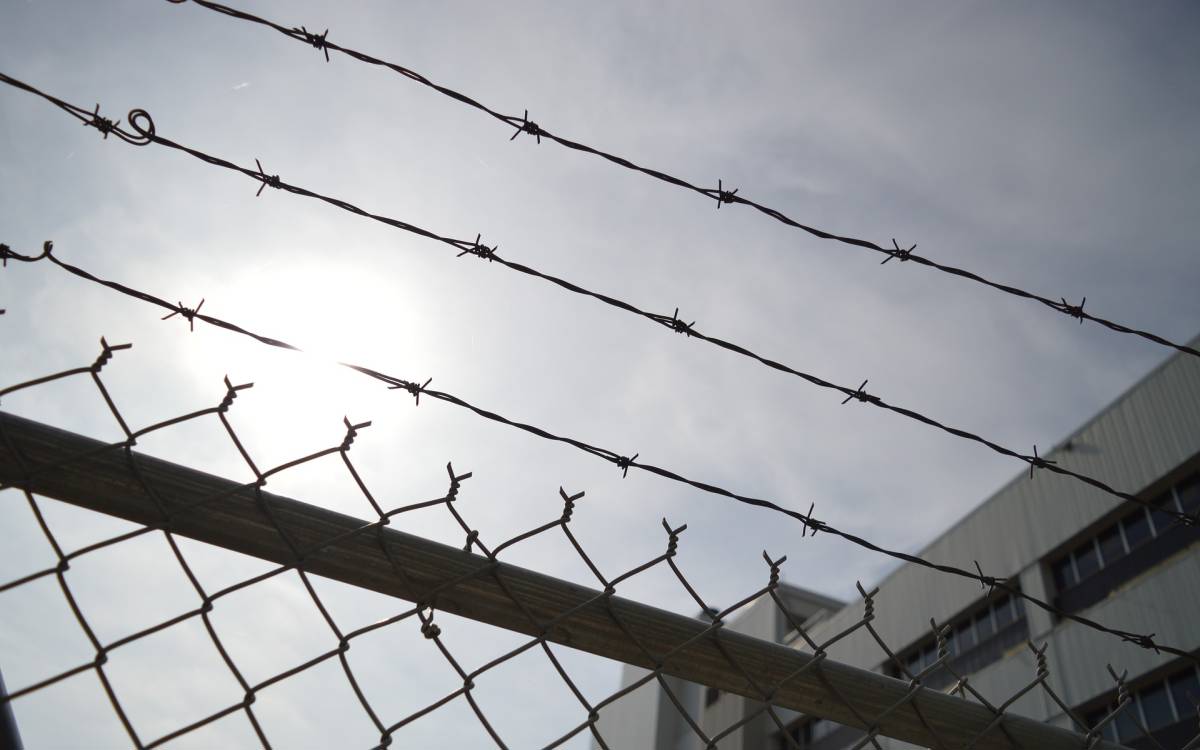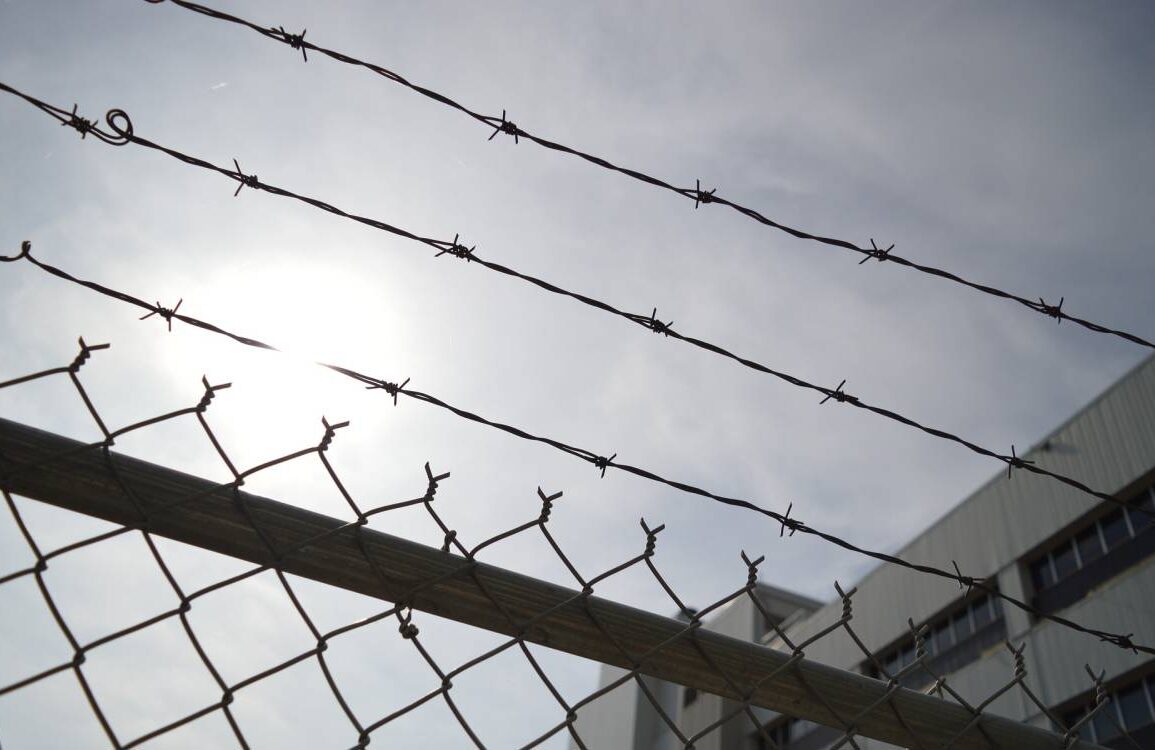
The Civil Society Association in the Penal Execution System (CİSST) has published the latest edition of its study titled “Being a Foreign Prisoner in Turkey.”
In this third edition of the report, the association addresses the current situation and problems faced by foreign national prisoners in Turkish prisons as of 2024.
The study also highlights the special needs of foreign prisoners and presents solutions to address the human rights violations they experience.
“Foreigners sidelined within the justice system and in prisons”
In the study, the problems faced by foreign prisoners are summarized as follows:
“In present-day Turkey, foreign nationals, who are subjected to various discriminations and exclusions in the field of economic and social rights, are overlooked and sidelined both within the justice system and in prisons.
Starting with language barriers and hindering access to many rights, a series of problems are deeply felt by foreign nationals in prison environments, along with isolation.
Foreign prisoners often lack psychological and social support due to being far from their families and close circles in the country of their imprisonment.
Foreign prisoners who cannot have regular meetings with diplomatic missions have limited and inadequate mechanisms to seek help and support in the face of problems and human rights violations.
In addition to general problems such as access to justice and health, and cultural and religious differences, the demands of prisoner groups with special needs in prison environments vary.
Solutions
CİSST listed the following actions that need to be taken to address these problems:
“Developing and implementing different and unique strategies for each group of prisoners is critical.
Identifying the problems faced by foreign prisoners and creating solutions, taking into account their demographic characteristics, will yield more accurate results.
It is clear that special arrangements need to be made in prisons considering the conditions of foreign prisoners.
In cases where prison staff and administrative personnel are inadequate in identifying problems, it is important to collaborate with diplomatic missions, civil society organizations, and academics working in the field of human rights.
The UN recommends appointing an advisor and coordinator at the administrative level where necessary, considering the number of foreign prisoners. While such an administrative cadre may not solve the problems fundamentally, it will facilitate solutions to problems, especially communication issues.” (AS/PE)
This post was originally published on this site be sure to check out more of their content.







